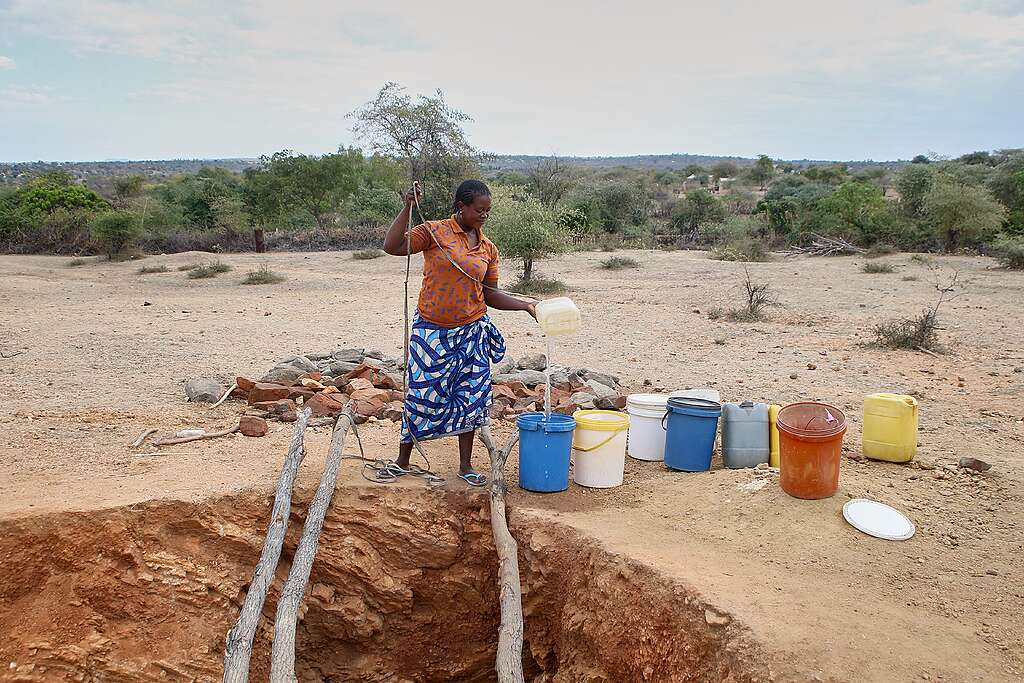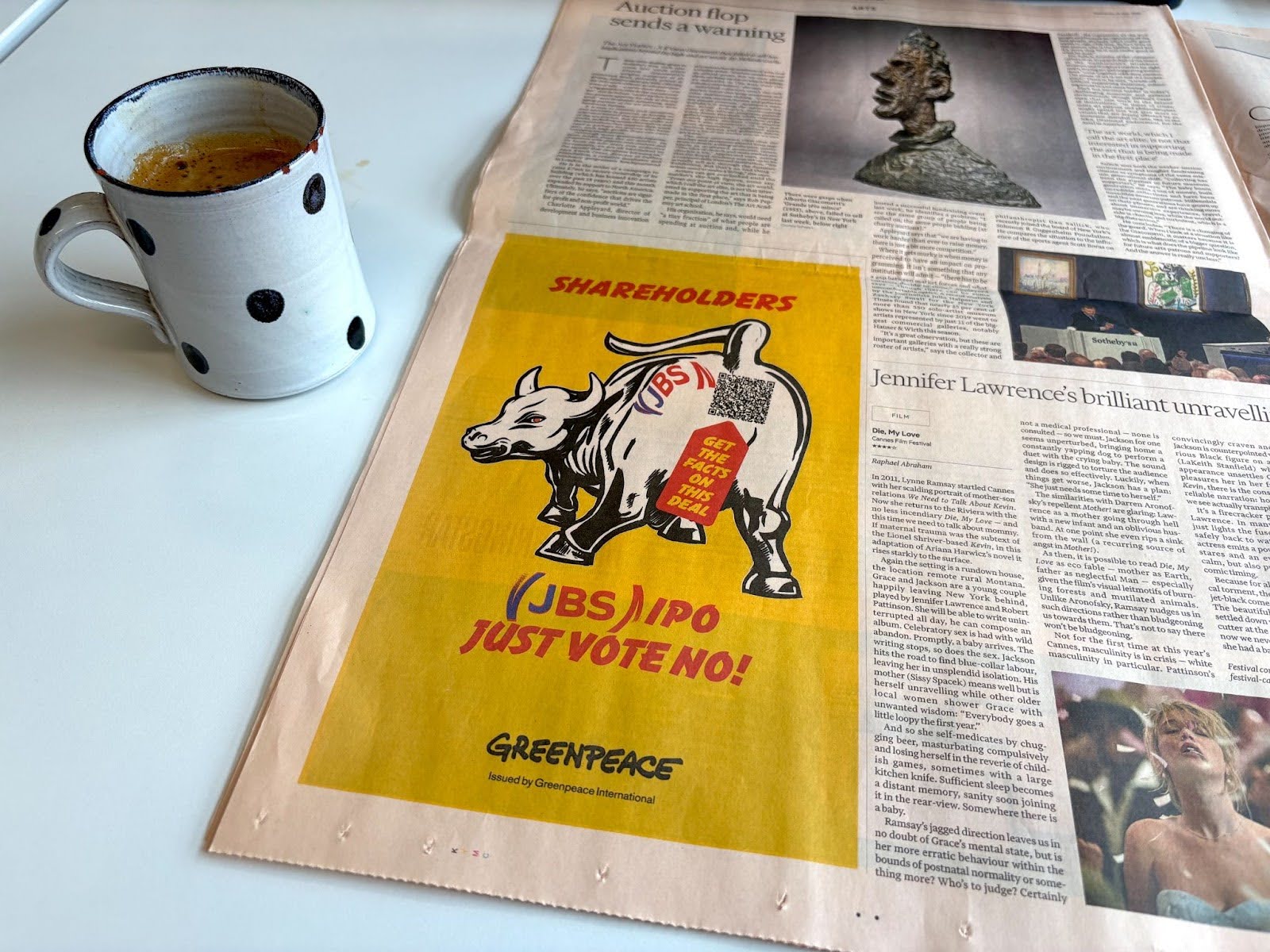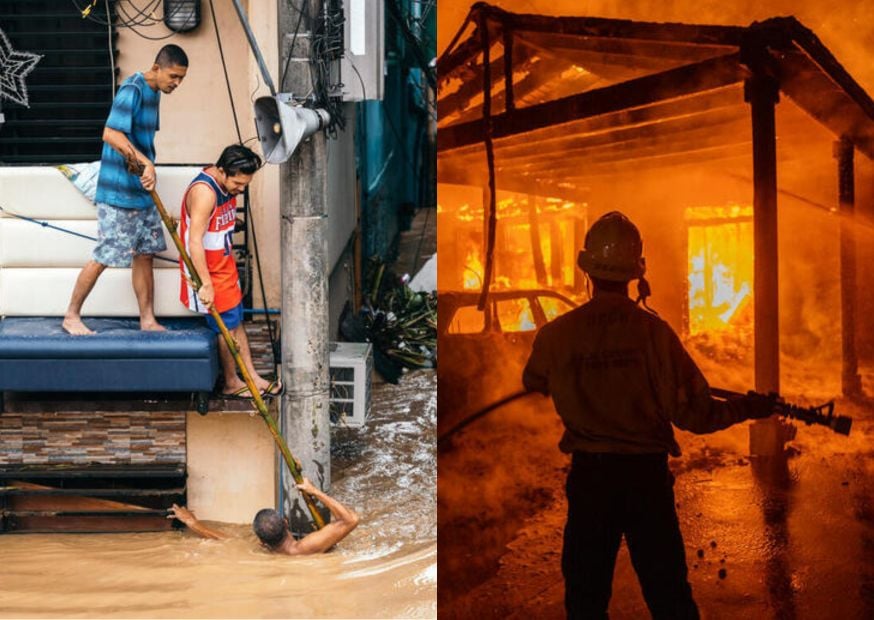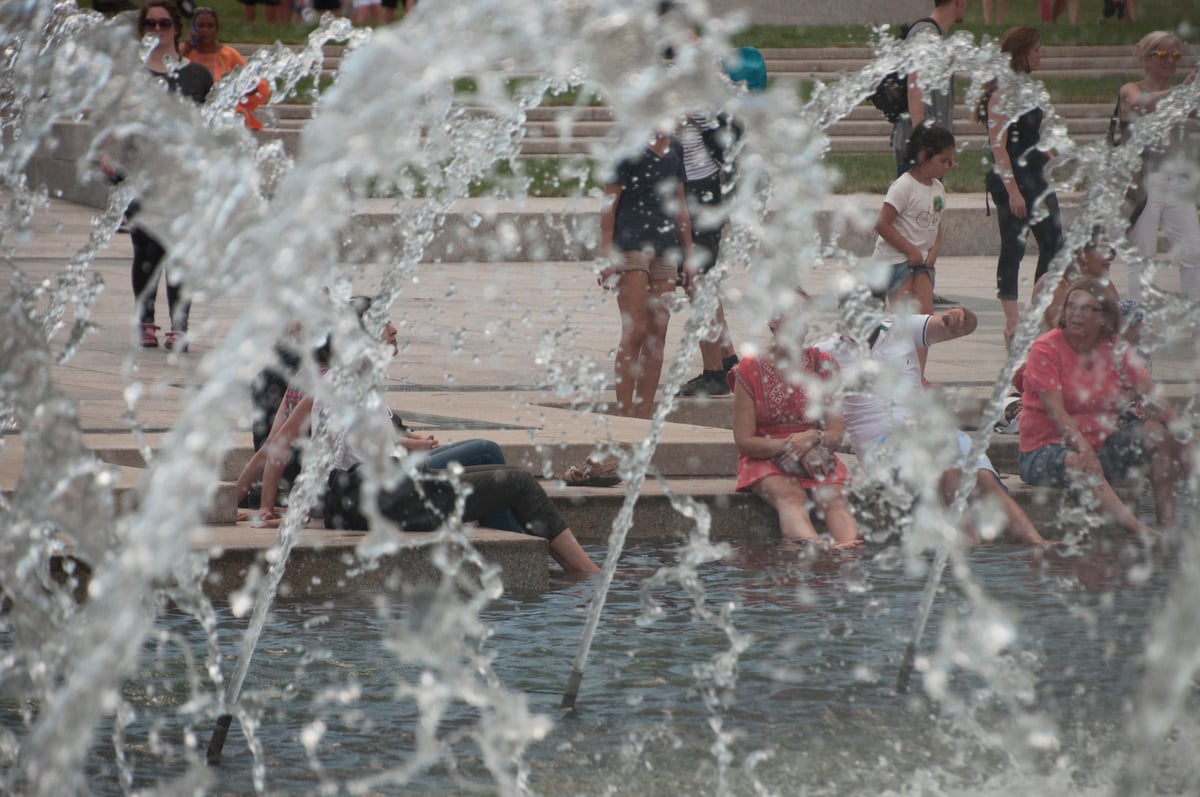
Can sweet potatoes take queer people out of climate change induced poverty and food insecurity? Well, that’s precisely what one grassroots organisation is trying to do in Mutare in eastern Zimbabwe.
Mother’s Haven is a Zimbabwean network of queer mothers that advocates for the wellbeing of lesbian, bisexual and trans parents, and their children. In Zimbabwe, queer women and trans men experience disproportionate discrimination, stigma and abuse from their communities and intimate partners; their children are subsequently subjected to similar harassment.
The group hosts a variety of leadership, sensitisation and wellbeing workshops to tackle these; but as the climate crisis worsens, so does hostility toward LGBTQIA2S+ individuals across the continent, many of whom are denied access to climate impact relief efforts.
The worst drought in living memory is taking place in Mudzi, Zimbabwe.
— BBC News Africa (@BBCAfrica) September 14, 2024
It has destroyed 90% of the crops and put pressure on water supplies, leaving people with little food.
Millions of Zimbabweans are being forced to rely on handouts. pic.twitter.com/oG5Jgn1U5p
Studies suggest climate change, driven primarily by emissions from fossil fuel corporations as well as industrial agriculture, is making Zimbabweans poorer. The southern African country is currently facing its worst drought in living memory. In Mudzi, it has destroyed 90% of the crops and put pressure on water supplies, leaving people with very little food.
In an effort to curb their vulnerability to climate impacts such as food insecurity, Mother’s Haven is helping queer women and trans men adapt to the economic impact of climate change – by teaching them to grow sweet potatoes, sugar beans and tomatoes.
Manipulating religion deepens LGBTQIA2S+ vulnerability to climate change
Queer activists say stigma and discrimination prevent people in the country from accessing the financial assistance they need to adapt to the impacts of climate change.
“They will say we are demonically possessed and we are causing these droughts and other disasters. They will say we are the agents who caused those things to happen,” Takudzwa Saruwaka, a rural transgender woman from Chitakatira village in Mutare, close to the Mozambique border.
Members of the LGBTQIA2S+ community in Africa are an easy scapegoats for the increased frequency and severity of climate impacts across the continent. Heavily funded Western right-wing agenda and religious dogma have steered blame away from the greedy colonial corporations that are actually responsible for accelerating climate change.
Safe space to survive drought
By creating a safe space and giving them a piece of land, teaching them to grow sweet potatoes, sugar, beans and tomatoes, Mother’s Haven hopes to achieve much more than empowering queer people economically.
“It’s not just about income generating, but we’ve realised [it helps with] mental wellness and mental health. When it comes to individuals, they’ve got something to look forward to, and this also brings conversation around the space with families,” said Mother’s Haven Director and Founder, Tsitsi Chiwa.
This mission to inspire hope through action in some of the most vulnerable Zimbabweans comes as a new report from the World Meteorological Organization found that the African continent bears an increasingly heavy burden from climate change and disproportionately high costs for essential climate adaptation. It estimated that up to 118 million extremely poor people across the continent will experience extreme weather by 2030.
While we strive globally to hold polluting corporations to account and halt their climate and nature destruction, Mother’s Haven is a window to the kind of local community action and inclusive mutual aid that’s needed now more than ever.
Lungelo Ndhlovu is a Bulawayo-based freelance contributor for the Thomson Reuters Foundation with an interest in climate change.
Guest authors work with Greenpeace International to share their personal experiences and perspectives and are responsible for their own content.



